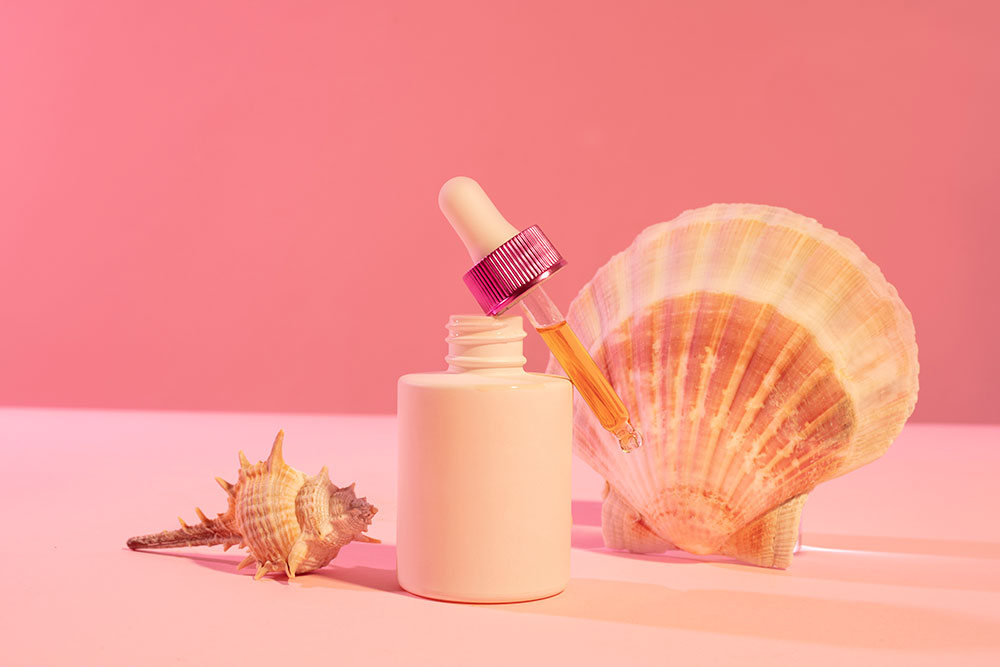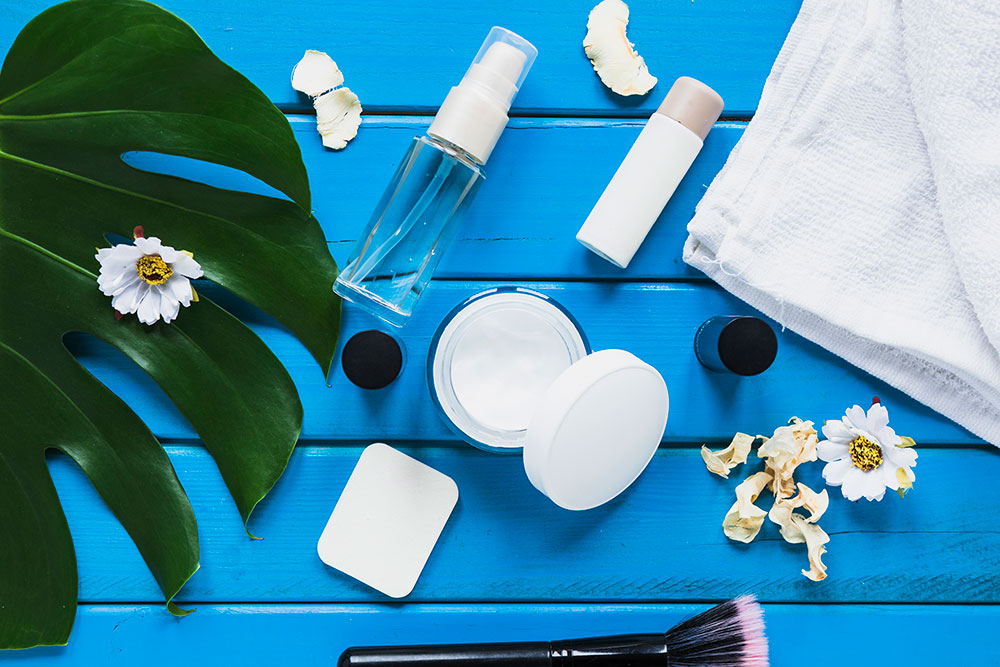14 Key Questions About US Agents to Ensure Compliance with Medical Device Regulations
Medical device regulations must be met if you want to sell your products in the United States. The following questions and answers will help you meet these requirements.
Read more : Embracing the Future: Responsible Person & US Agent in the Era of MoCRA
1. Are You Required to Appoint a US Agent?
Yes. The FDA requires foreign companies to have a US Agent if they manufacture any medical device that they hope to market in the US.
Have more question for us agent for fda registration? click here
2. What Prerequisites Does a US Agent Require?
All US Agents must meet the following requirements:
- Reside in the US
- Be a person or entity
- Be registered in the US and have a DUNS number
- Maintain a physical address to contact
The agent that you appoint must be available during regular business hours to assist your company with any necessary communication.
3. US Agent vs. Official Correspondent: What’s the Difference?
A US Agent is required even if you have an official correspondent. The main difference between the two are:
- US Agent: A US Agent must reside in the United States, and they’re not involved in device approvals and submissions.
- Official Correspondent: A correspondent is a sponsor or third party who is responsible for foreign and domestic submissions. These individuals or entities will be the point of contact for submissions for items, such as PMA or 510(k). Correspondents can be from any country.
A business’s agent and correspondent can be the same entity.
4. What Responsibilities Does a US Agent Have?
A US Agent will help your business with communication between your entity and the FDA. These individuals are also responsible for:
- Scheduling FDA inspections
- Answering questions about your devices for or currently in import
US Agents will be the FDA’s point of contact in the event that the agency needs to communicate with you rapidly or they cannot establish communication with you using traditional avenues.
The US Agent is a foreign medical device manufacturer’s liaison between the FDA and the business.
5. Does the Agent’s Responsibilities Vary by Device Class?
The US Agent will act in the same capacity as outlined in the last question regardless of the class of the device.
6. What Information Should You Provide to Your Agent?
Agents are responsible for communicating between your business and the FDA. However, the FDA notes that it is not the responsibility of the agent to submit information regarding:
- Adverse events relating to the device
- Premarket notifications
Due to this information, it’s important that the medical device manufacturer notify its respective agents of any of the following:
- Changes to the device that leads to a version change
- Changes in manufacturing sites
- Packaging changes
- Labeling changes
- Registration changes
If your list of medical devices changes, it’s important to alert the agent of these changes. US Agents must act on your behalf. Providing your agent with as much information about your device and processes as possible will help them assist you to their fullest capacity.
7. Does the US FDA Need to Be Given the Agent’s Details?
Yes. The FDA must have complete and updated information about a company’s US Agent(s). All of the information is provided in the system, and it should be updated any time that there are changes to the Agent’s information, including:
- Business name
- Business address
- Phone number
- Fax number
- DUNS number
- Email address
Failing to keep the information up to date may result in your product not being in compliance with US requirements.
8. When Do You Need to Appoint an Agent?
Foreign medical device manufacturers hoping to market their devices to US markets must have an agent before importing the product into the US. The Agent will be responsible for many of the tasks that will help you import the device, including but not limited to:
- Establishment registration
- Device listing
- Many others
Class I or II devices that are 501(k) exempt can have the US Agent appointed immediately. However, devices that are not exempt will need to be 501(k) cleared before the Agent can be appointed.
If the device requires premarket approval (PMA), the approval must be sought prior to registering an Agent.
Adhering to the registration requirements and seeking the approvals listed above will help streamline your product’s ability to be imported and marketed in the United States.
9. Can an Agent be Your Importer or Distributor If You’re a Foreign Manufacturer?
Yes, you can appoint your distributor or importer as your US agent. However, foreign manufacturers must consider whether there will be any potential bias or conflict of interest regarding their regulatory obligations as an agent and their role as an importer or distributors.
Foreign manufacturers also have the option of appointing an independent party as a US agent, such as a regulatory service provider. These services come at an additional cost, but they reduce the risk of conflict of interest and bias. Independent parties offer impartiality, which may not be something that a distributor or importer can provide.
Additionally, appointing an independent party as an agent will ensure confidentiality and dedicated, professional service.
10. Can You Change Your Agent?
Yes, foreign establishments can change their US agents at any given time. Changing agents will not affect the business or its registration.
Agents can be changed even if the device is being actively imported and marketed in the United States. However, the foreign manufacturer must update the agent’s name, contact information, location, address, business name, etc. in the FURLS system.
Foreign manufacturers can change their US agent information by following the steps below:
- Log in to your account
- Locate the US Agent section
- Change your agent information
- Submit your registration
The new US agent will receive a notice from the FDA for confirmation.
11. Can Different Agents Be Appointed for Different Products?
If each product is being manufactured in a different facility, then yes, you can appoint multiple agents. According to the FDA, only one US agent can be established for each foreign entity. However, there are exceptions:
- If a manufacturer has two products and each one is being manufactured in different facilities, more than one US agent can be appointed.
- If a single product is being manufactured in two different facilities, the manufacturer can appoint two US agents – one for each facility.
If products are being manufactured at the same facility, then only one US agent should be appointed.
12. Do You Need an Agent if Your Device is GMP Exempt?
Some Class I and Class II devices are considered GMP exempt, but this exemption does not alleviate your responsibility of appointing a US agent. GMP-exempted devices are still subjected to general requirements, which include the appointment of a US agent. In other words, all foreign manufacturers must have a US agent regardless of whether their device is GMP exempted or not.
13. Do I Need an Agent If the Final Device is Assembled by a Re-packager?
Yes, you must still appoint an agent even if your device is assembled by a re-packager. The FDA states that foreign establishments must appoint a US agent when they are involved in medical devices:
- Manufacturing
- Propagating
- Preparing
- Processing
- Compounding
Therefore, even if you are only selling a component of a medical device – which would be considered compounding – in the United States, you must appoint a US agent.
14. Do I Need an Agent If I am a Medical Device Specification Developer and My Products are Manufactured at a CMO Site and then Exported to the United States?
Yes, medical device regulations still require an agent, even if they are not involved in manufacturing activities. Specification developers must undergo establishment registration and appoint a US agent and have an official correspondent.
According to the FDA, establishment registration and listing are required when individuals are:
- Involved in the development of specifications for devices, AND
- Those devices will be manufactured by a second party
Specification developers for foreign establishments must register with the FDA before they can do business in the United States. So, ultimately, yes, specification developers must still appoint a US agent.
Global medical device manufacturers can enter the US market, but they must follow the FDA’s medical device regulations in order to do so. Appointing a US agent is one such requirement. Manufacturers have several options when appointing an agent. They may appoint their distributor or importer as an agent, or they may use an independent service provider.
Third parties will offer impartiality and professionalism, but these services come at an additional cost. When considering these services, manufacturers must negotiate the scope of the agent’s service to ensure they secure the most comprehensive agreement.
Cosmereg is a regulatory firm that assists medical device producers in maintaining compliance with FDA regulations and acts as an FDA agent. You can contact us at +1 727 3509380 for more information or email us.



